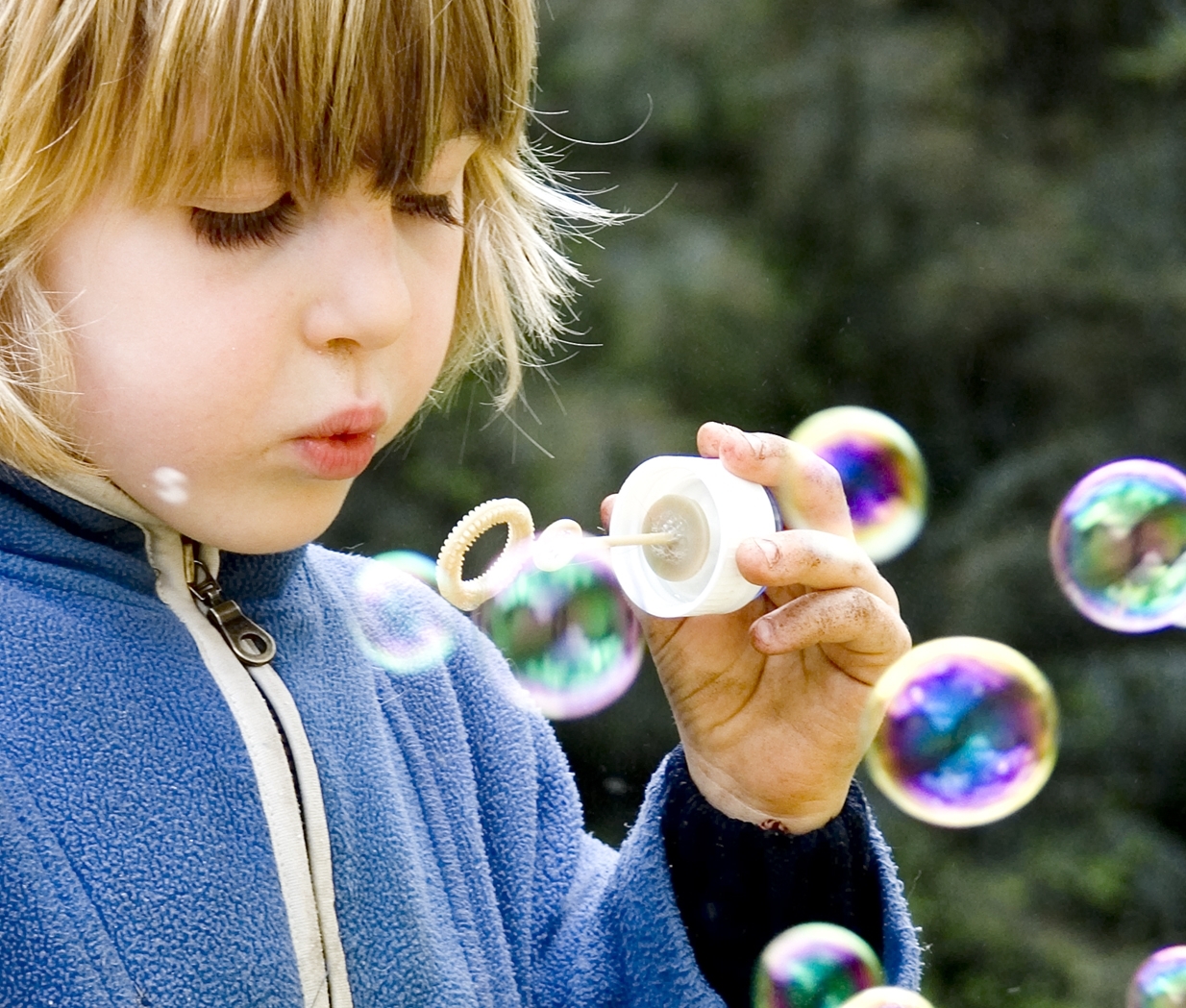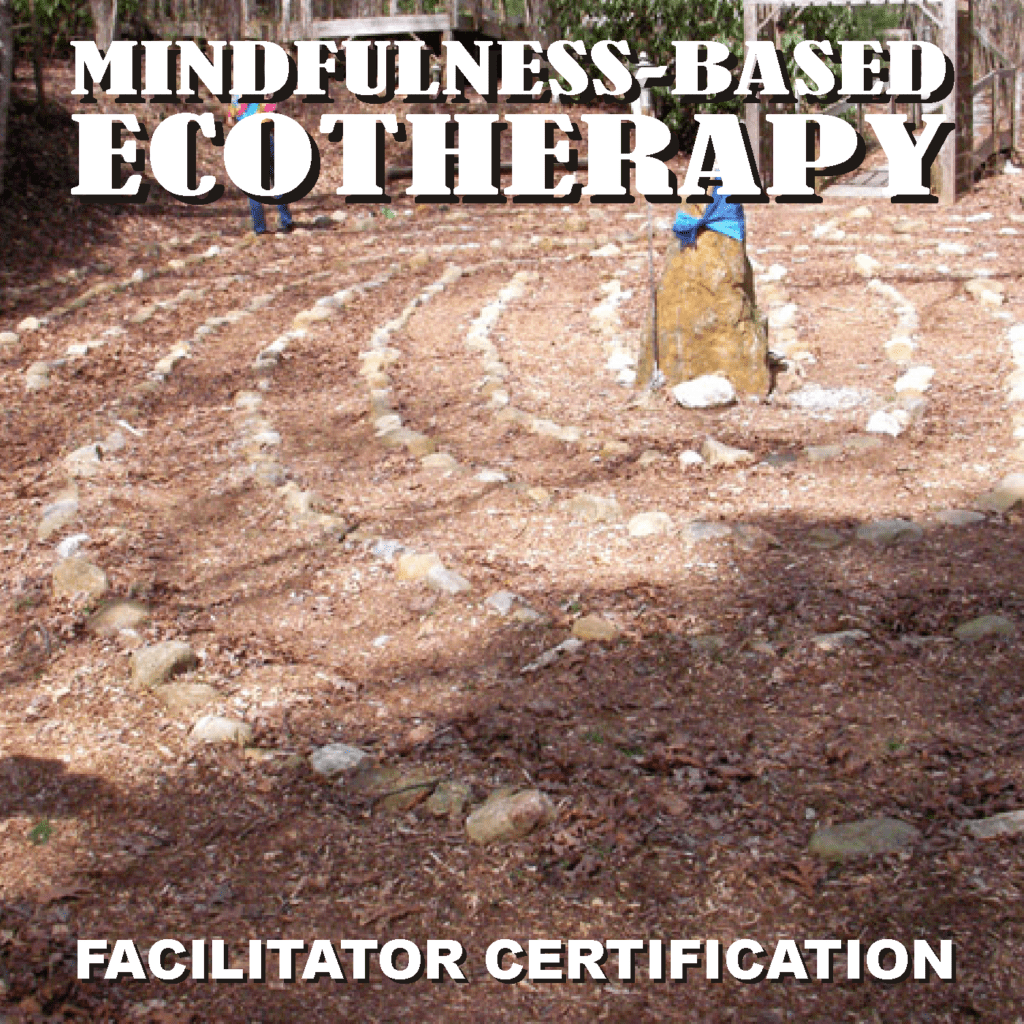
Target audience: Mental health professionals, play therapists, parents
Online Continuing Education Hours: 13
What is included in this Ecoplay Course?
In this Ecoplay Course you will learn how to facilitate the Ecoplay program. Ecoplay is an 8-week filial play therapy program that trains parents to be ecoplay ‘therapists’ for their own children. It is also a theoretical framework and approach to therapy that allows children to express themselves in play, their natural language. Ecoplay allows this expressive play to happen in healthy natural environments.
This Ecoplay course is founded on four core principles: Mindfulness, ecotherapy, family resilience and play therapy.
Courses are best viewed using Firefox, Safari, Chrome, or Internet Explorer. Other browsers may create login issues. If you are having difficulty logging in, please switch to one of these browsers or empty your browser’s cache.
Mindfulness
The first founding principle for this Ecoplay course is mindfulness. Mindfulness, at its core, simply means paying attention to the present moment. Children live in the “now” of existence when at play. The tools and skills of mindfulness allow children to let go of the past and the future and to focus on their immediate experience.
Ecotherapy
The second founding principle for this Ecoplay course is ecotherapy. Ecotherapy is simply therapy that takes place outdoors. Play in natural environments has been linked with a wide variety of positive outcomes, including better focus and concentration, a greater sense of self-efficacy and well-being, and enhanced learning and retention.
Family Resilience
The third founding principle for this Ecoplay course is family resilience. All families go through crises from time to time. While a crisis can bring some families closer together, it can also tear some families apart. What makes the difference in those families that are able to weather a crisis are family resilience factors.
Multiple studies have identified these factors of family resilience. They have been condensed into the 7Cs of Ecoplay. These seven family resilience factors in Ecoplay are: Compassion, communication, control, choices, consequences, consistency and confidence. Ecoplay covers what these factors mean to you and your family and how to implement them as strengths.
Play Therapy
The fourth founding principle for this Ecoplay course is play therapy. Children, especially children under 12, lack the vocabulary to discuss complex emotional issues; but they are able to express their emotions during play. Play is a child’s natural emotional language, and play therapy allows children to express themselves in ways that make sense to them.
Ecoplay uses all of the approaches listed above to help your child to live a fuller, richer and more meaningful existence.
Overview of the Eight-Week Ecoplay Program
Session 1: Introduction to Ecoplay
Ecoplay is an evidence-based eight-session training program designed to give parents and their children the opportunity for experiential activities outdoors that combine mindfulness, ecopsychology and the skills of positive parenting. Ecoplay is an authoritative, rather than authoritarian, approach to discipline and parenting. It is a framework for guiding your child(ren) to reconnect to nature in healing ways. This Ecoplay course trains parents to be nature-based play therapy facilitators for their own children. It is also a theoretical framework and approach to parenting that allows children to express themselves in play, their natural language. Ecoplay allows this expressive play to happen in healthy natural outdoor environments.
Session 2: Compassion
We can talk about problems all day, but until we start talking about solutions, nothing gets solved. Ecoplay focuses on family strengths and connections. It is a solution-focused approach that looks more at what’s working than what’s not working. The Pygmalion Effect teaches us that people tend to become what you expect them to become. If you expect good things from your children, you generally get good things from them. However, if you expect “bad” things from your children by focusing on problems rather than on solutions, your children tend to engage in the behaviors you expect. Ecoplay’s compassionate approach is a positive parenting model designed to catch your children being good by focusing on solutions.
Session 3: Communication
Ecoplay is based on mindful communication strategies. What we say is not always what our children hear. Many of the difficulties in parenting occur due to miscommunications. These communication errors usually occur when our children assume that we meant something different than what we actually said, or when we assume that our children mean something different than what they actually said. By learning proactive, mindful communication strategies we can learn to communicate our intentions in ways that lead to the results we want. In mindful communication we learn to be in the moment with each other, without concerns about the past or the future. In the moment we are able to truly hear and validate each other. From here healing can happen.
Session 4: Control
Ecoplay takes the stance that there is no such thing as a “wrong” feeling. What may be “wrong,” or unproductive, is the way we choose to respond to our feelings. With Ecoplay we learn to respond in positive ways to feelings so that our interactions do not become problematic. We all like to feel that we have some measure of control over our lives. Children are no exception to this rule. Parenting difficulties sometimes come when get caught up in power struggles over control issues with our children.
Session 5: Choices
Ultimately, maturing into adulthood means learning to make good choices. The only way to learn to make good choices is to have the opportunity to make not-so-good choices. Ecoplay uses the power of choice-giving and choice-making to allow your children to gain confidence on their journey to adulthood.
If we can change our thoughts and feelings, we can change our worlds. Our choices are the result of our beliefs. Our beliefs are a result of our thoughts and assumptions about the world and about our children. If our choices are leading to consequences we don’t want, we can consciously change our choices by challenging the thoughts and beliefs that led to them. By changing our choices, we learn to create consequences that we do want for ourselves and for our children.
Session 6: Consequences
Every choice has a consequence. By skillful used of consequences we teach our children self-control and personal responsibility. By linking consequences to choices we teach our children to think for themselves and to take responsibility for their own actions. Every choice is the result of a belief. Each behavioral choice leads to consequences. By examining the consequences of our choices through examining the thoughts, feelings and beliefs that led to those choices, we learn to create different consequences.
Session 7: Consistency
Consistent consequences for consistent choices helps your child to learn self-confidence in a safe, predictable environment. While maintaining consistency can be hard, parents who are able to achieve a level of consistency with their children will reap the rewards. The key to developing consistency is to change the way your family thinks about things. Such a paradigm shift becomes possible by living in the moment. By shifting the focus to the present, we help our children to regain control of their behaviors in the present so that they can choose a different future.
Session 8: Confidence
Everyone has two images of self: The person they see themselves as and the person they’d like to be. Your children are no different. They are in the process of discovering who they are. With your guidance, they can gain the confidence to explore their futures. Ecoplay at its core is concerned with helping children and family members express the persons they were born to be. Doing so allows your child to live a life of confidence.



